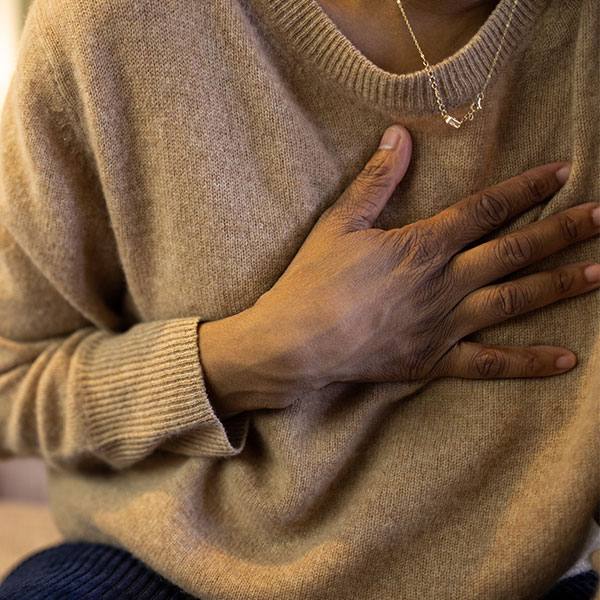-
Cardiovascular
Mayo Clinic Q and A: Tips to transition from pediatric to adult congenital heart care

DEAR MAYO CLINIC: My daughter was born with congenital heart disease and had an operation as a child. She is now 18 years old and went off to college last month. I am concerned about her now being in a new state and having an urgent medical care need. Are there precautions I can take now to help her?
ANSWER: Your concerns are completely understandable. It is hard to see our children grow, become independent and leave the nest. It is even more nerve-wracking if they have a health issue. It is wonderful that you are thinking about your daughter and how to ensure she remains healthy, even though she is not at home.
Congenital heart disease means there are one or more problems with the heart's structure that exist since birth. Nearly 1% of children born in the U.S. annually are diagnosed with a congenital heart defect, which can change the way blood flows through the heart.
There are several forms of congenital heart disease. Some forms are simple — such as ventricular septal defects, where there is a hole in the wall, the septum, of the heart's lower chambers which allows blood to pass from the left to the right side of the heart. Others are highly complex — such as a single ventricle, where the heart is lacking one of the two lower pumping chambers.
People with congenital heart issues require lifelong treatment, which may include regular checkups, medications or surgery. Unfortunately, only 10%-40% of adults with congenital heart disease are being seen by a specialized team. At Mayo Clinic, for instance, the Adult Congenital Heart Disease Clinic is comprised of staff who specialize and are trained in all matters of heart disease, heart surgery, and other advanced imaging techniques and therapies to care for and treat these conditions.
It is important as your daughter begins to transition towards adulthood that she has a good understanding of her condition. Talk with her about the importance of having lifelong care and how her condition may change as she ages. Thanks to innovations in care, more than 2.4 million people are estimated to be living with a congenital heart defect in the U.S. Bringing up this concept during adolescence will help set the foundation for a healthy adult life.
You may want to consider setting up an appointment for both of you to speak with her current health care professional to review the status of her condition, medications, surgical history, necessary screenings and areas of concern that may cause challenges while she is away at school. Empower your daughter to ask questions as well. This will allow your daughter to have an up-to-date understanding in case she has any issues. It also will be important to keep a copy of her medical information at school and on her phone.
Here are a few additional tips to help your daughter transition in the best possible way:
- College can be a stressful time for many young adults. During these moments, they can become sedentary and get exposed to alcohol, drugs, nicotine and vaping. Openly discussing these issues with your daughter — and her congenital heart team — is important to help her make appropriate choices, and it can counterbalance the overwhelming weight of peer pressure.
- Encourage her to exercise. Bear in mind that incorporating regular exercise as a stress-relief strategy will pay back not only throughout college, but the rest of her life. Of course, exercise is a valuable tool for not only stress, but maintaining heart health. Ensure you speak with her health care team about any restrictions or limitations based on her congenital condition.
- Discuss family planning. It may seem overwhelming to think about this now as your daughter is still a teenager, but it is important to open a dialogue with her congenital heart team to develop an optimal family planning strategy for the future.
- Become familiar with the existing resources that could be helpful to you and her, including the Adult Congenital Heart Association Clinic Directory, a free resource that includes self-identified heart clinics in the U.S. Identifying an alternative care resource near her college campus will be useful.
Planning ahead and supporting your daughter through this transition into caring for her congenital heart condition as an adult will benefit her tremendously. — Dr. Katia Bravo Jaimes, Cardiovascular Medicine, Mayo Clinic, Jacksonville, Florida
****************************
Related Articles
- Mayo Clinic Q&A podcast: Innovative procedures for kids with congenital heart disease published 2/18/22
- Mayo Clinic Q and A: Congenital heart disease revision surgery published 8/24/21
- Mayo Clinic Q&A podcast: The silent defects of congenital heart disease need lifelong surveillance published 3/22/21
Related Articles







